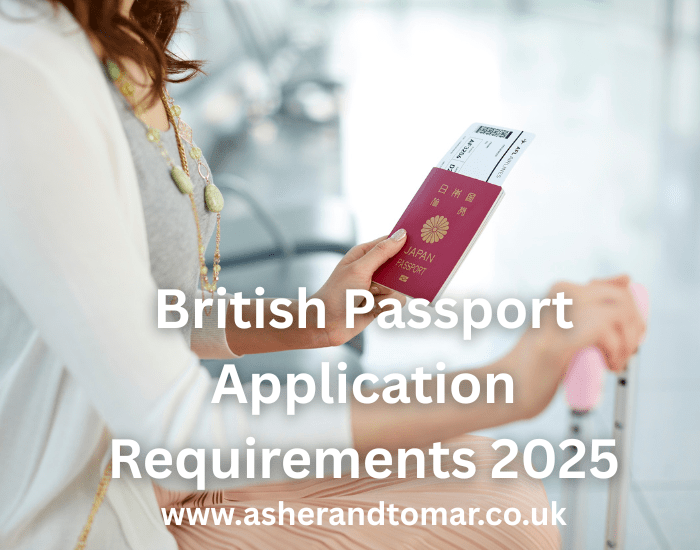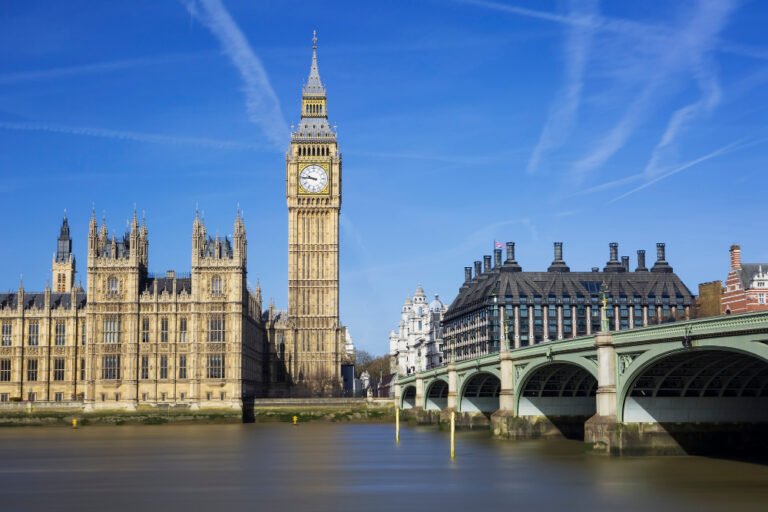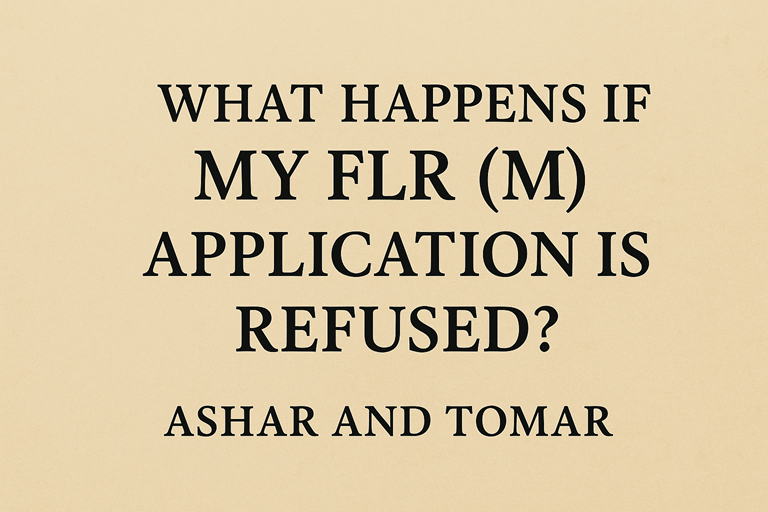Under Gen 3.2/Article 8 leave outside the Immigration Rules a leading case of GM (Sri Lanka) V Secretary of State for Home Department [2019] EWCA Civ1630,
where the following was stated:
47… In relation to the position under Article 8 outside the [Immigration Rules], under ECHR case law the extent to which obstacles to return can be overcome is simply a “relevant factor” in relation to “non-settled” applicants; it is not the test.
51… even if it is practicable and feasible for a person to return that is not the end of the story – proportionality must also be considered which necessitates the careful analysis of the fair balance that exists between the State’s interest in immigration control and the individual’s interests…a person might be able to return to a foreign country, yet it might still be unreasonable or disproportionate to compel return.
- The need for a careful assessment of proportionality, taking into account the relative strength of the public interest in removal, was also discussed in Lal. In paragraph 68 the Court of Appeal stated:
Furthermore, the need for a careful assessment of proportionality, taking into account the relative strength of the public interest in removal, was also discussed in Lal. In paragraph 68 the Court of Appeal Stated:
So, contact our team of Expert Immigration Solicitors GEN 3.2/Article 8 outside the Immigration Rules.
Our firm is regulated by the Solicitors Regulation Authority (SRA).
Contact us for Leave outside the Immigration Rules
Offices:
01753 202228
0118 321 5055
0208 867 7737
0203 773 1311
Email Us








